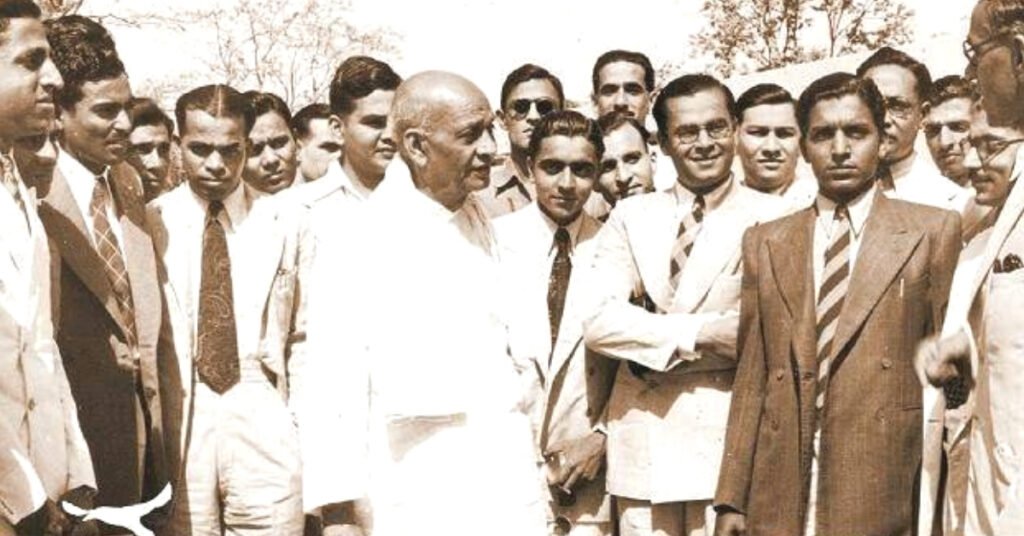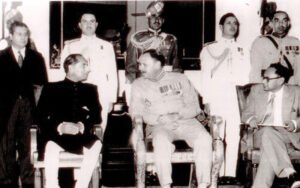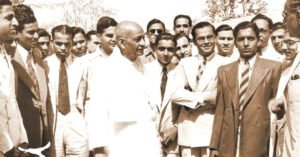Let’s dive into some history with a quiz! Do you know who the first Prime Minister of Independent India was? How about the first Home Minister of free India? These may be easy questions, but do you know who India’s first Home Secretary or first Cabinet Secretary was? Maybe you don’t know
It’s unfortunate that we often overlook the significant contributions of civil servants and bureaucrats in shaping modern India, instead focusing primarily on politicians. While the spotlight rightfully belongs to the leaders, we must recognize that our country’s foundations were also laid by civil servants, both Indian and foreign.
They advised ministers, managed day-to-day affairs, and implemented new systems and checks.
Our story begins not at Independence, but many years before that. The British East India Company, while expanding its power in India, needed bureaucrats to run its growing empire. The company established the covenanted Civil Service (CCS), and candidates were chosen by the company’s directors regardless of their marital status. However, significant changes occurred by the 19th century; a Civil Service Commission was established in London, and regular exams were conducted. These exams, which mostly focused on European classics and were held exclusively in London, limited the participation of Indians. Nonetheless, a few Indians managed to succeed in this elite test. The first Indian to join the Indian Civil Services was Satyendra Nath Tagore, who cracked the test, followed by four others in the subsequent years. However, the norm remained white British civil servants until the early 20th century, when more Indians started cracking the exams after they were held in India. Despite the longstanding dominance of white bureaucrats over millions of Indians during the British Raj, the situation began to change around the beginning of World War II, when more Indians were appointed to civil service posts. Following Independence, India established the Indian Administrative Service (IAS), while Pakistan created the Pakistan Administrative Service. As the backbone of these new nations, civil servants played a crucial role even after independence. For example, Sardar Vallabhbhai Patel, one of India’s prominent leaders, highlighted the importance of civil servants by stating that a strong administrative system was essential for a united India. Civil servants took on diverse roles, such as serving in the central government as secretaries or joint secretaries, working in the judiciary, or serving in various administrative roles in the states. It’s important to understand this historical context, as the past continues to shape the present and the future. Despite being established by the British, the Indian civil service system evolved over time and became an integral part of independent India.







